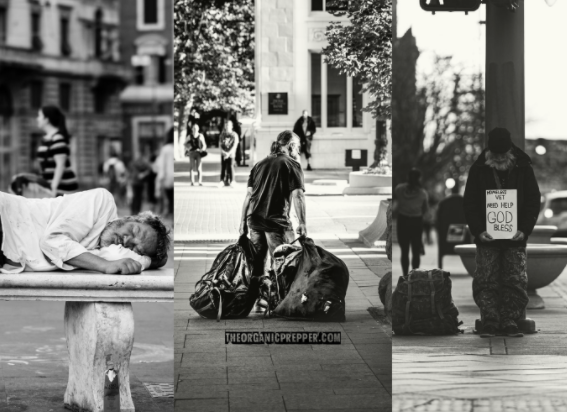
Breaking News
 BREAKING: Congressman Troy Nehls Calls For Congressional Investigation Of FBI/CIA...
BREAKING: Congressman Troy Nehls Calls For Congressional Investigation Of FBI/CIA...
Could Israel Cease To Exist As A Nation-State In The Near Future,...
 We Get Paid To Vaccinate Your Children
We Get Paid To Vaccinate Your Children
 Economics, The State of Crypto, and The New Book #HijackingBitcoin
Economics, The State of Crypto, and The New Book #HijackingBitcoin
Top Tech News
 Blazing bits transmitted 4.5 million times faster than broadband
Blazing bits transmitted 4.5 million times faster than broadband
 Scientists Close To Controlling All Genetic Material On Earth
Scientists Close To Controlling All Genetic Material On Earth
 Doodle to reality: World's 1st nuclear fusion-powered electric propulsion drive
Doodle to reality: World's 1st nuclear fusion-powered electric propulsion drive
 Phase-change concrete melts snow and ice without salt or shovels
Phase-change concrete melts snow and ice without salt or shovels
 You Won't Want To Miss THIS During The Total Solar Eclipse (3D Eclipse Timeline And Viewing Tips
You Won't Want To Miss THIS During The Total Solar Eclipse (3D Eclipse Timeline And Viewing Tips
 China Room Temperature Superconductor Researcher Had Experiments to Refute Critics
China Room Temperature Superconductor Researcher Had Experiments to Refute Critics
 5 video games we wanna smell, now that it's kinda possible with GameScent
5 video games we wanna smell, now that it's kinda possible with GameScent
 Unpowered cargo gliders on tow ropes promise 65% cheaper air freight
Unpowered cargo gliders on tow ropes promise 65% cheaper air freight
 Wyoming A Finalist For Factory To Build Portable Micro-Nuclear Plants
Wyoming A Finalist For Factory To Build Portable Micro-Nuclear Plants
HOMELESS: What We Can Learn About Survival from Life on the Streets

People living in cities are used to a broad net of safety, convenience, and comfort. 60% (on average) of the world population, according to recent estimates, live in cities. More in developed/developing nations (around 80%, as in the U.S.) and less in poorer ones (30 to 40%).
Cities provide a high level of stability and predictability. Cities also offer freedom, jobs, and a great variety of consumables, education, culture, and entertainment. This concentration of people, infrastructure, goods, services, and activities allows society's fast advancement, the economy's growth, and technology development.
Life within The Grid
We preppers and survivalists call this "The Grid." It encompasses everything we see and use in civilization: plentiful, readily available food and clean water; transportation and communication; light, shelter, sanitation, climate control; law and order; hospitals, schools, stores, offices. All run by energy that seems to flow like magic.
Over the long term, comfort and convenience can be addictive and make us dependent.
We take it for granted and forget how to live without those things. We become soft, compliant, complacent, and alienated by the culture of convenience. If you're a prepper or want to become one, you know it's important to aim instead for awareness, resiliency, and independence.
I understand that most of us are busy trying to make ends meet. Even with everything The Grid provides, it can be a lifestyle of more struggle, insecurity, indignity, and danger. We must accept, even be grateful, that things are as they are. It's OK to take advantage and enjoy what cities and The Grid can provide. No one should feel guilty for that. But that shouldn't prevent us from being conscious about the fragilities of this system, either.
Beyond local and regional threats, there is always the possibility of a global crisis.

 Rewiring
Rewiring


